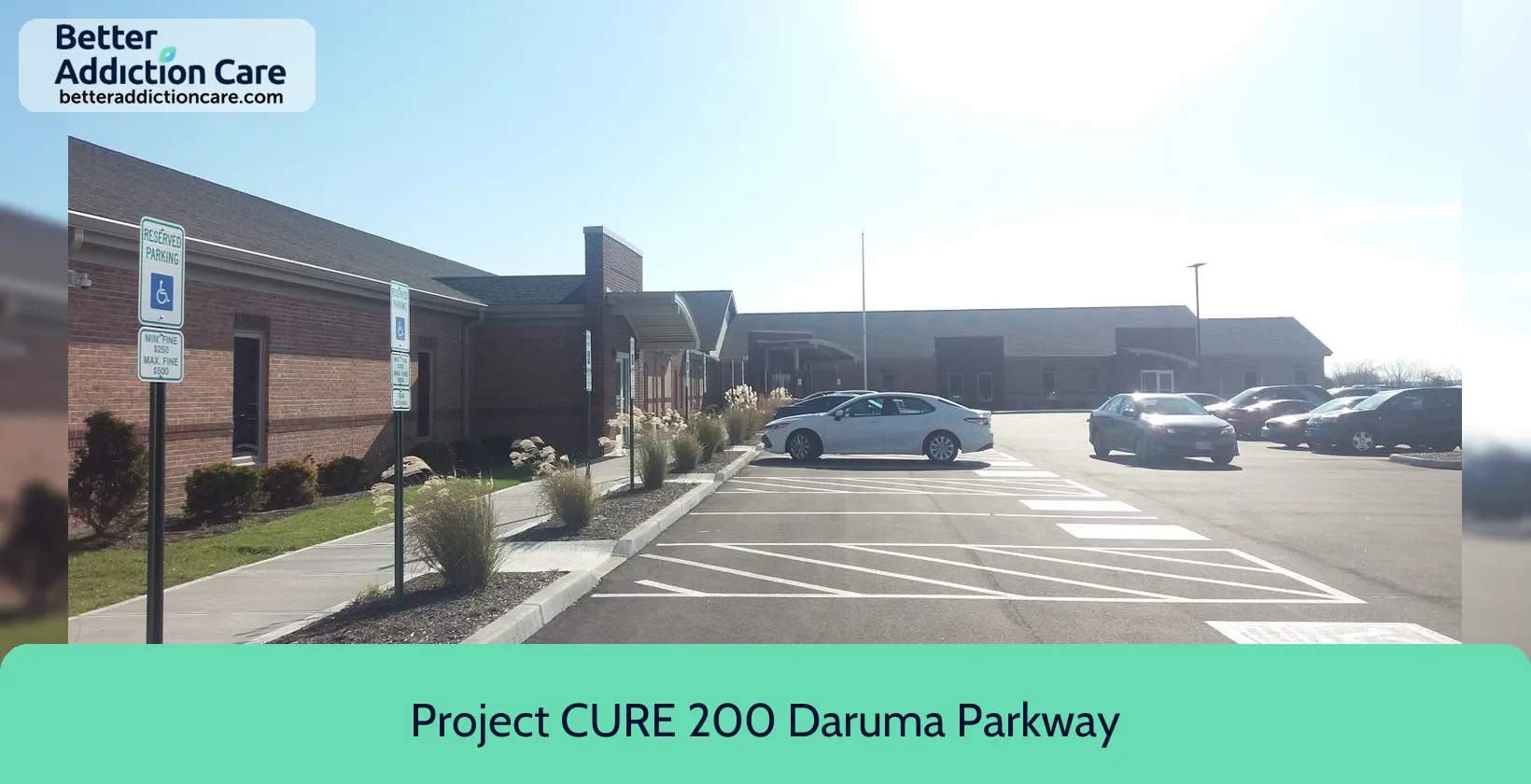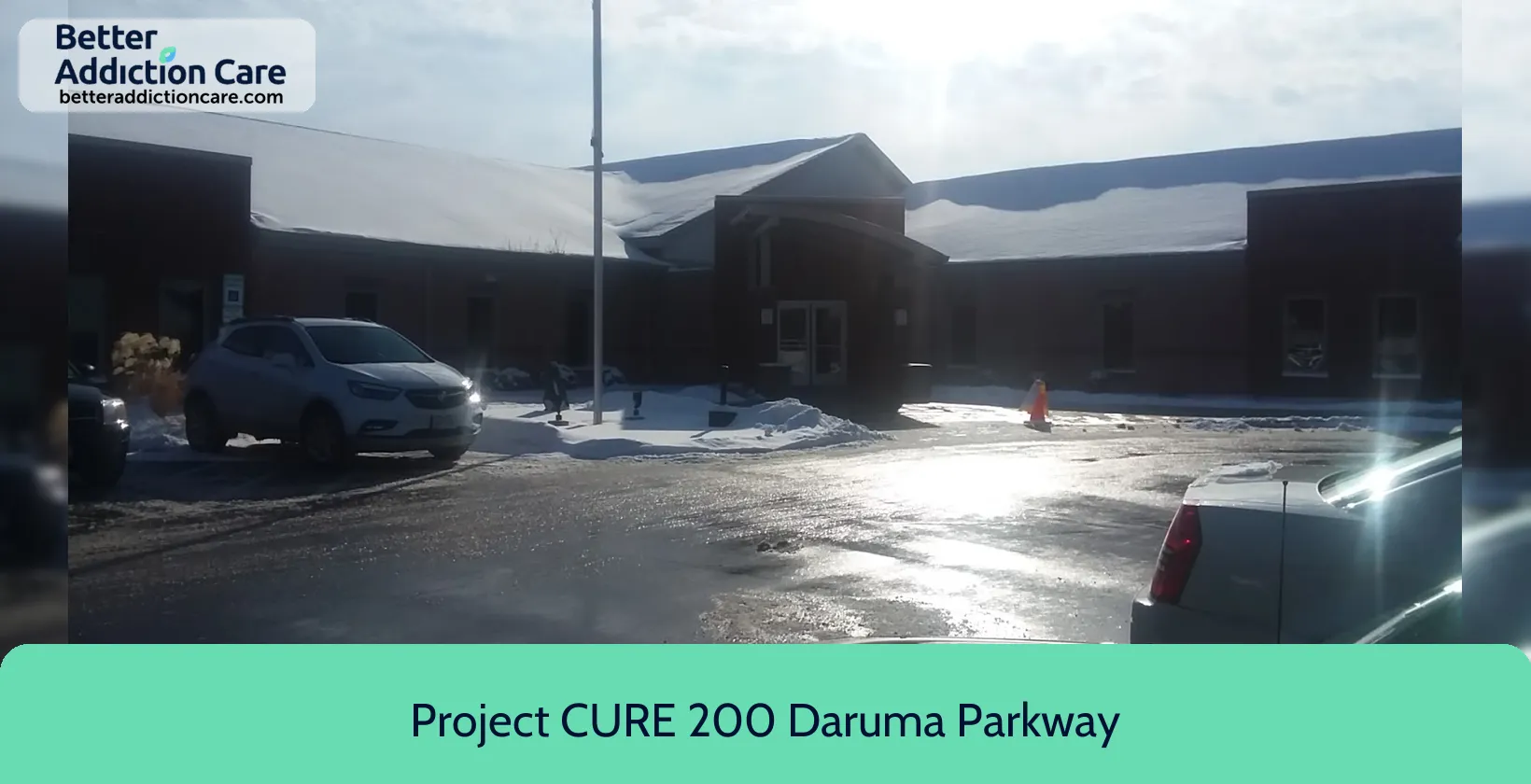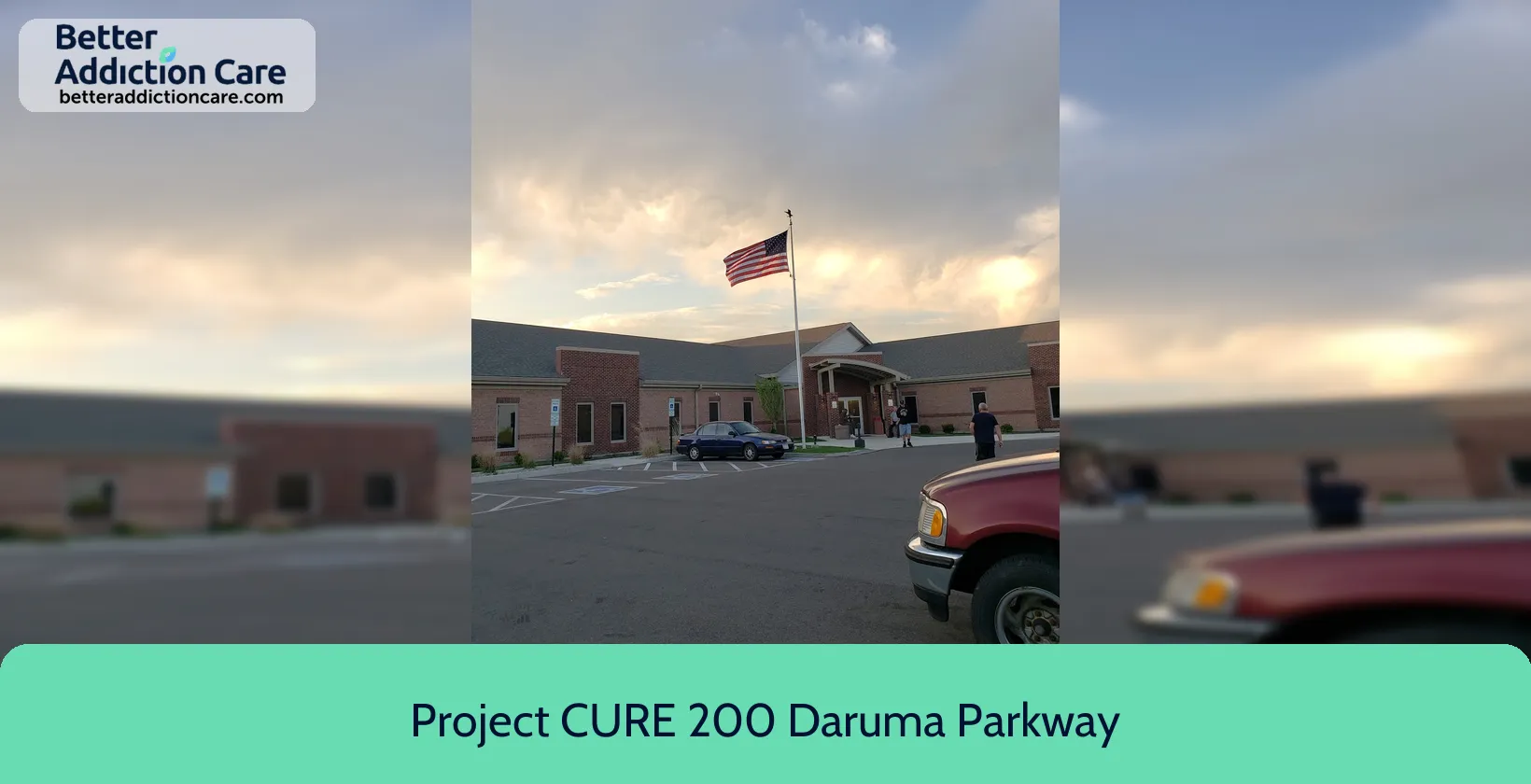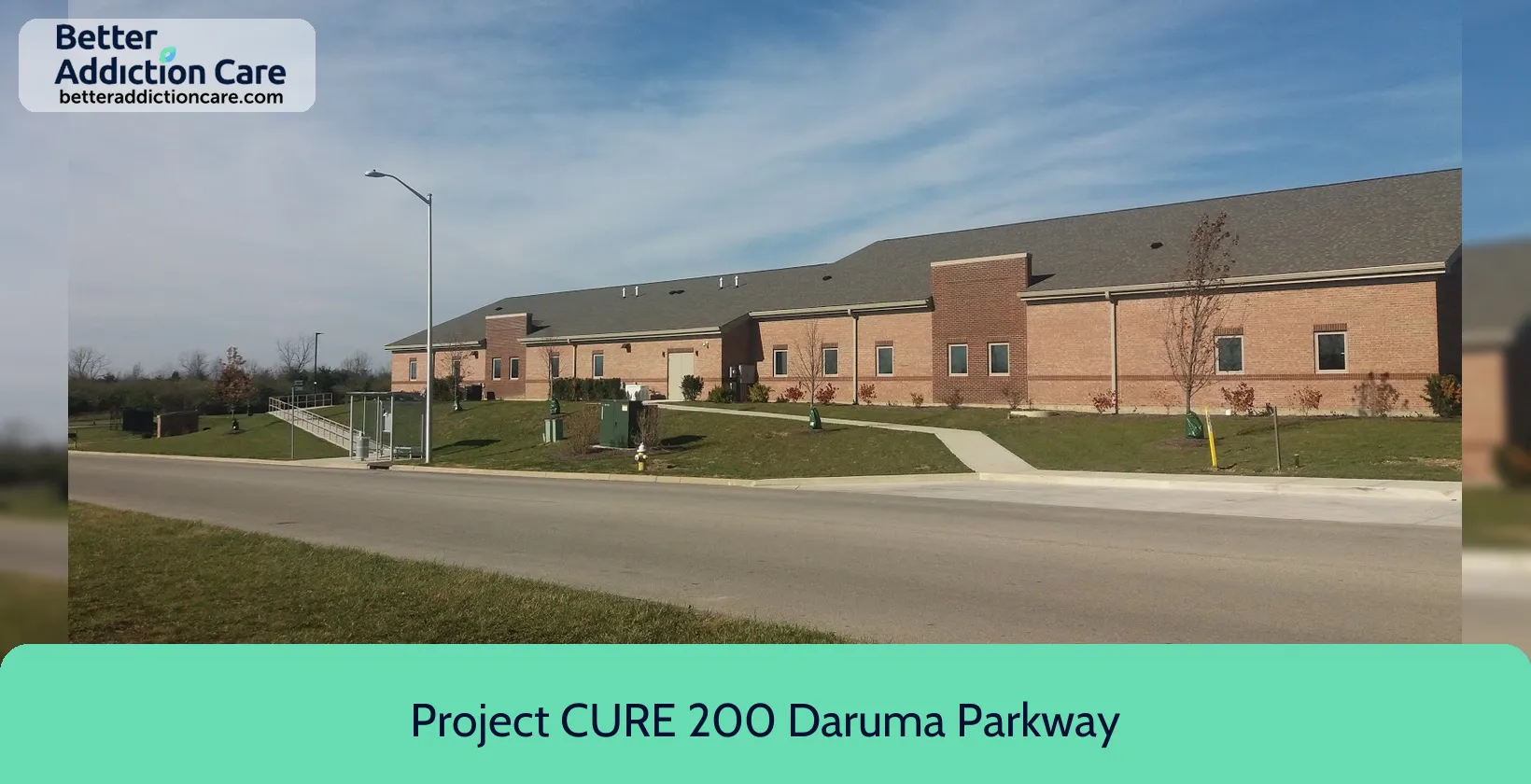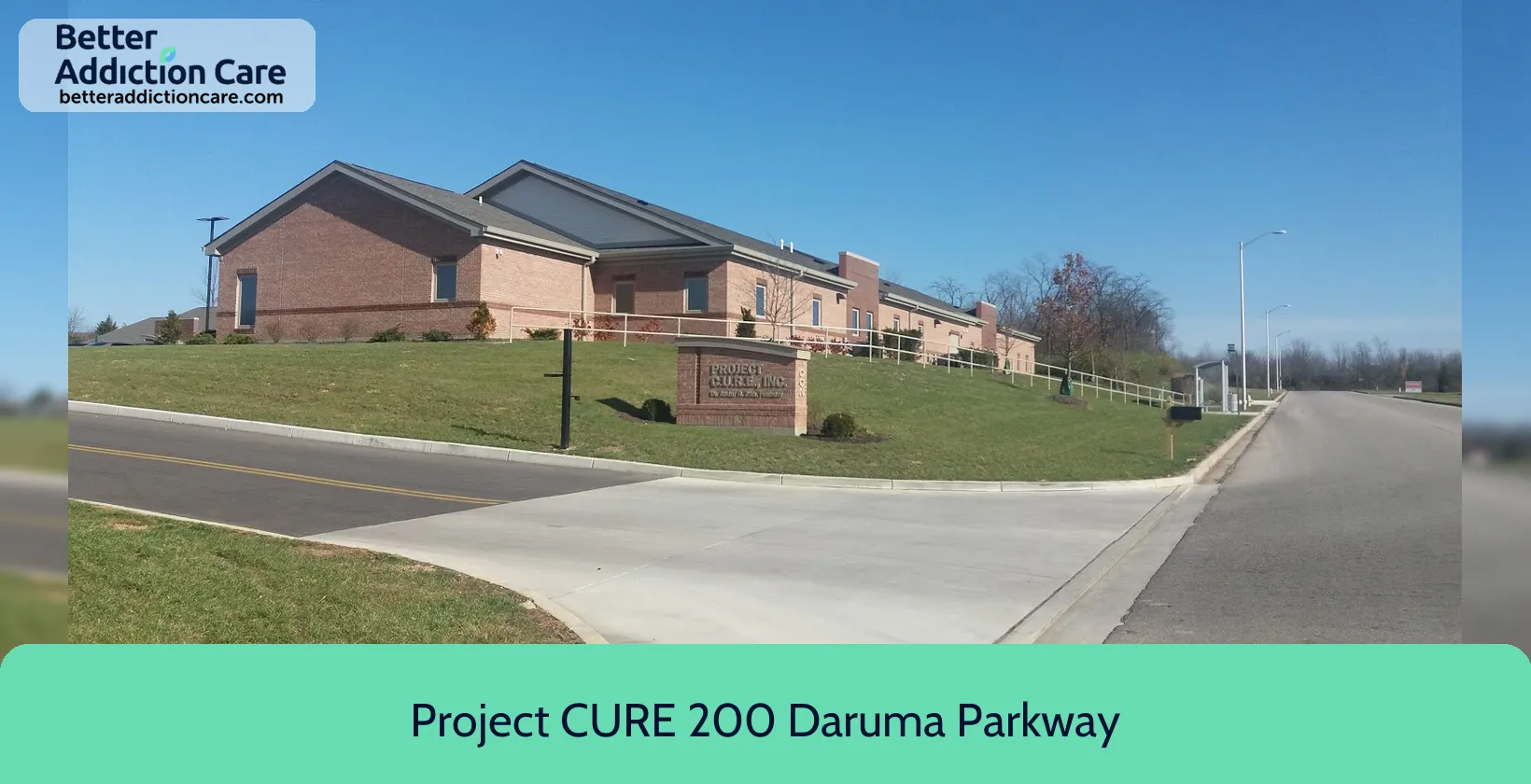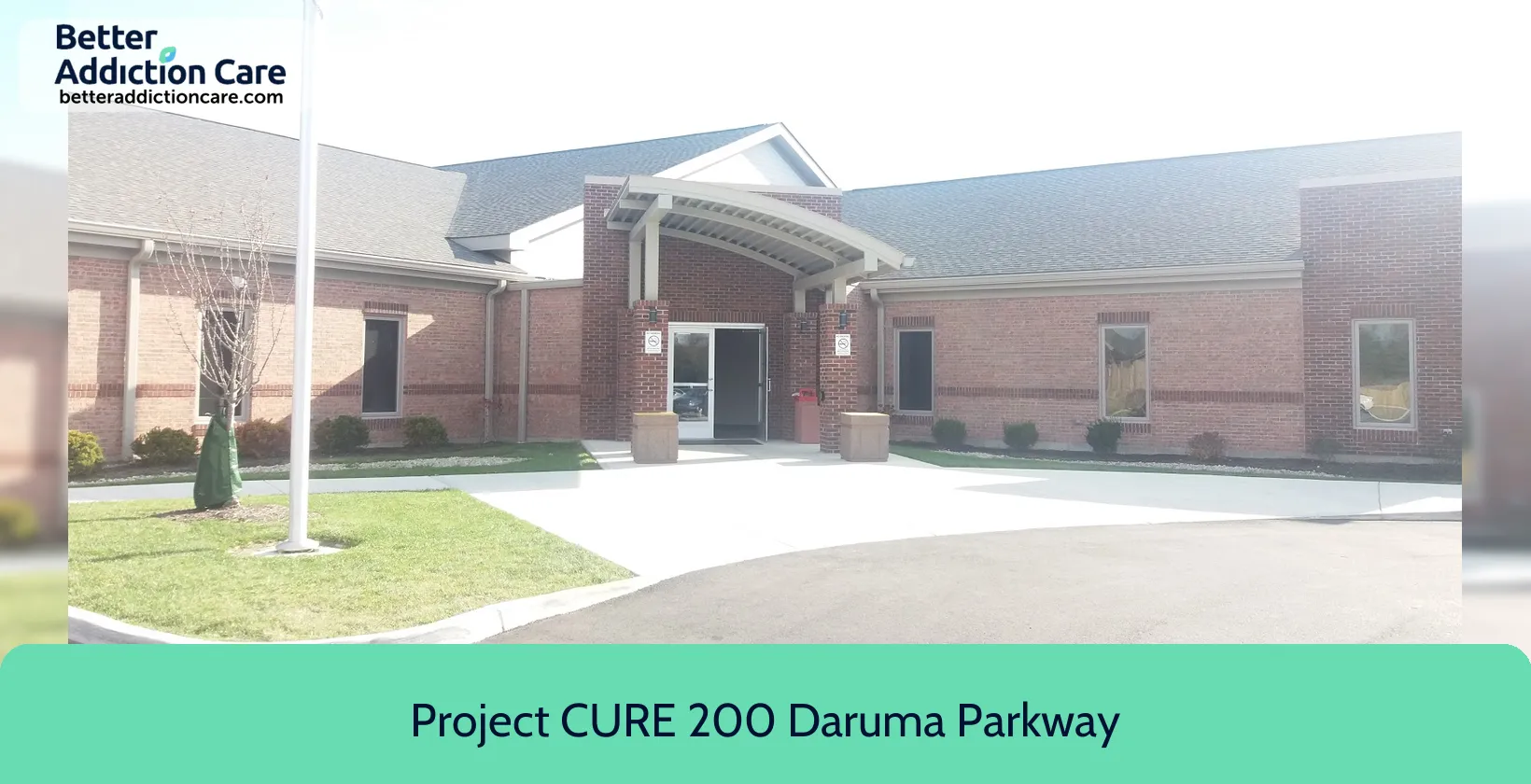Project CURE 200 Daruma Parkway
Overview
Project CURE 200 Daruma Parkway is an accredited substance abuse treatment center that provides outpatient treatment for men and women from 18+ years of age. As part of their special programs, Project CURE 200 Daruma Parkway To help patients achieve sobriety, Project CURE 200 Daruma Parkway provides intake assessments. Afterward, patients receive cognitive behavioral therapy, substance use disorder counseling, and group counseling during treatment. Project CURE 200 Daruma Parkway is located in Dayton, Ohio, providing treatment for people in Montgomery County, accepting cash or self-payment, medicaid, and federal, or any government funding for substance use treatment programs.
Project CURE 200 Daruma Parkway at a Glance
Payment Options
- Cash or self-payment
- Medicaid
- Federal, or any government funding for substance use treatment programs
Assessments
- Screening for tobacco use
- Comprehensive substance use assessment
- Screening for substance use
- Complete medical history/physical exam
Age Groups
- Young adults
- Adults
Ancillary Services
- Case management service
- Early intervention for HIV
- Transportation assistance
- Opioid use disorder clients only
Highlights About Project CURE 200 Daruma Parkway
6.93/10
With an overall rating of 6.93/10, this facility has following balanced range of services. Alcohol Rehabilitation: 8.00/10, Drug Rehab and Detox: 7.23/10, Insurance and Payments: 6.00/10, Treatment Options: 6.49/10.-
Alcohol Rehabilitation 8.00
-
Drug Rehab and Detox 7.23
-
Treatment Options 6.49
-
Insurance and Payments 6.00
Accreditations
State mental health department:
State mental health department accreditation refers to the process of evaluating and certifying the quality and standards of a state's mental health department, ensuring that it provides high-quality services and meets specific criteria for mental health care. The accreditation process is performed by a third-party organization and helps to improve the overall care and treatment of individuals with mental health conditions.
State department of health:

Government agencies issue State Licenses, which grant rehabilitation organizations permission to conduct their operations lawfully within specific geographic regions. Licenses needed to operate are typically determined by the type of rehabilitation program offered by the facility and its physical location.
Commission on Accreditation of Rehabilitation Facilities (CARF):

Established in 1966, the non-profit organization known as the Commission on Accreditation of Rehabilitation Facilities (CARF) has a dedicated focus on accrediting rehabilitation organizations. CARF's primary mission is to assist service providers, particularly rehabilitation facilities, in upholding and promoting the highest standards of care.
SAMHSA certification for opioid treatment program (OTP):
Accreditation by the Substance Abuse and Mental Health Services Administration (SAMHSA) for Opioid Treatment Programs (OTPs) signifies that a program has met strict standards for providing high-quality care to individuals with opioid use disorders. It assures patients, families, and communities that the OTP follows evidence-based practices, employs qualified staff and maintains a safe and effective treatment environment. This accreditation reflects the program's commitment to addressing the opioid epidemic and promoting recovery.
Drug Enforcement Agency (DEA):
DEA accreditation refers to the process by which a law enforcement agency is recognized by the Drug Enforcement Agency (DEA) as having met specific training, operational, and resource requirements necessary to participate in DEA-led drug enforcement efforts. This accreditation allows the agency to perform DEA-related tasks such as conducting investigations, executing federal search warrants, and participating in joint task forces.
Treatment At Project CURE 200 Daruma Parkway
Treatment Conditions
- Substance use treatment
Care Levels
- Outpatient
- Outpatient methadone/buprenorphine or naltrexone treatment
- Intensive outpatient treatment
- Regular outpatient treatment
Treatment Modalities
- Cognitive behavioral therapy
- Substance use disorder counseling
- Group counseling
- Motivational interviewing
- Individual psychotherapy
Ancillary Services
Additional Services
- Pharmacotherapies administered during treatment
- Housing services
- Drug or alcohol urine screening
Get Help Now
Common Questions About Project CURE 200 Daruma Parkway
Contact Information
Other Facilities in Dayton

6.59

7.31

7.78

7.40

6.96
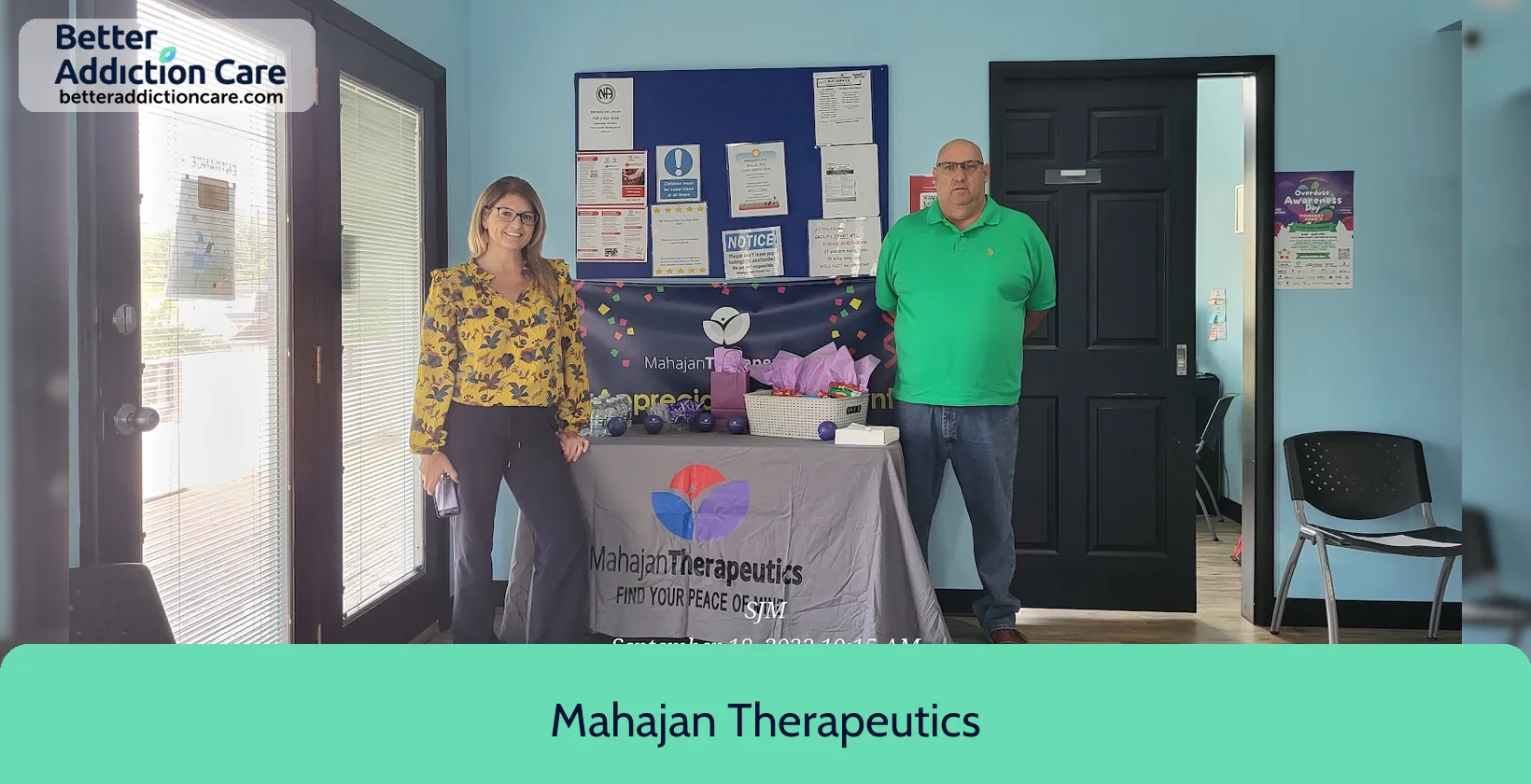
7.20
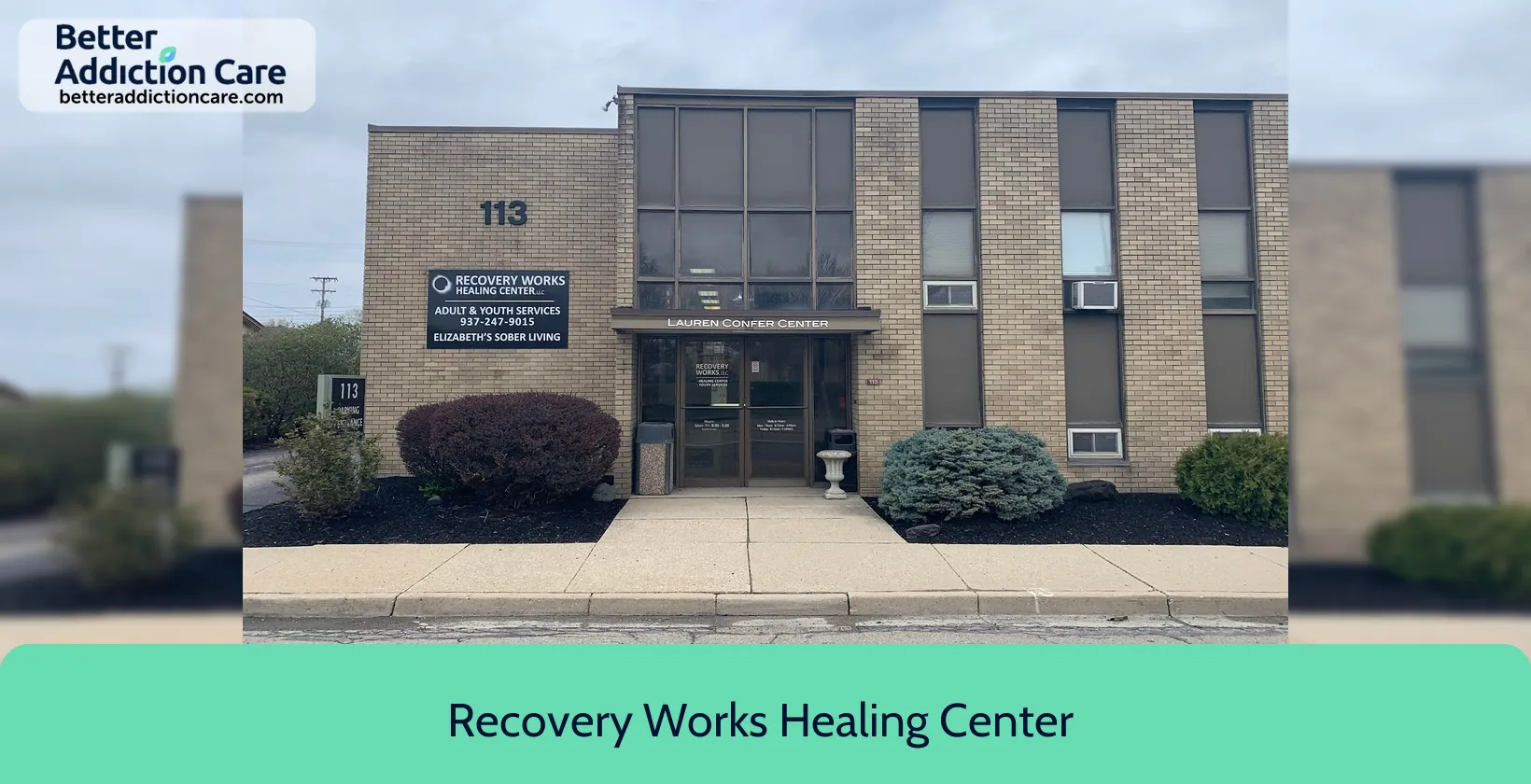
6.68
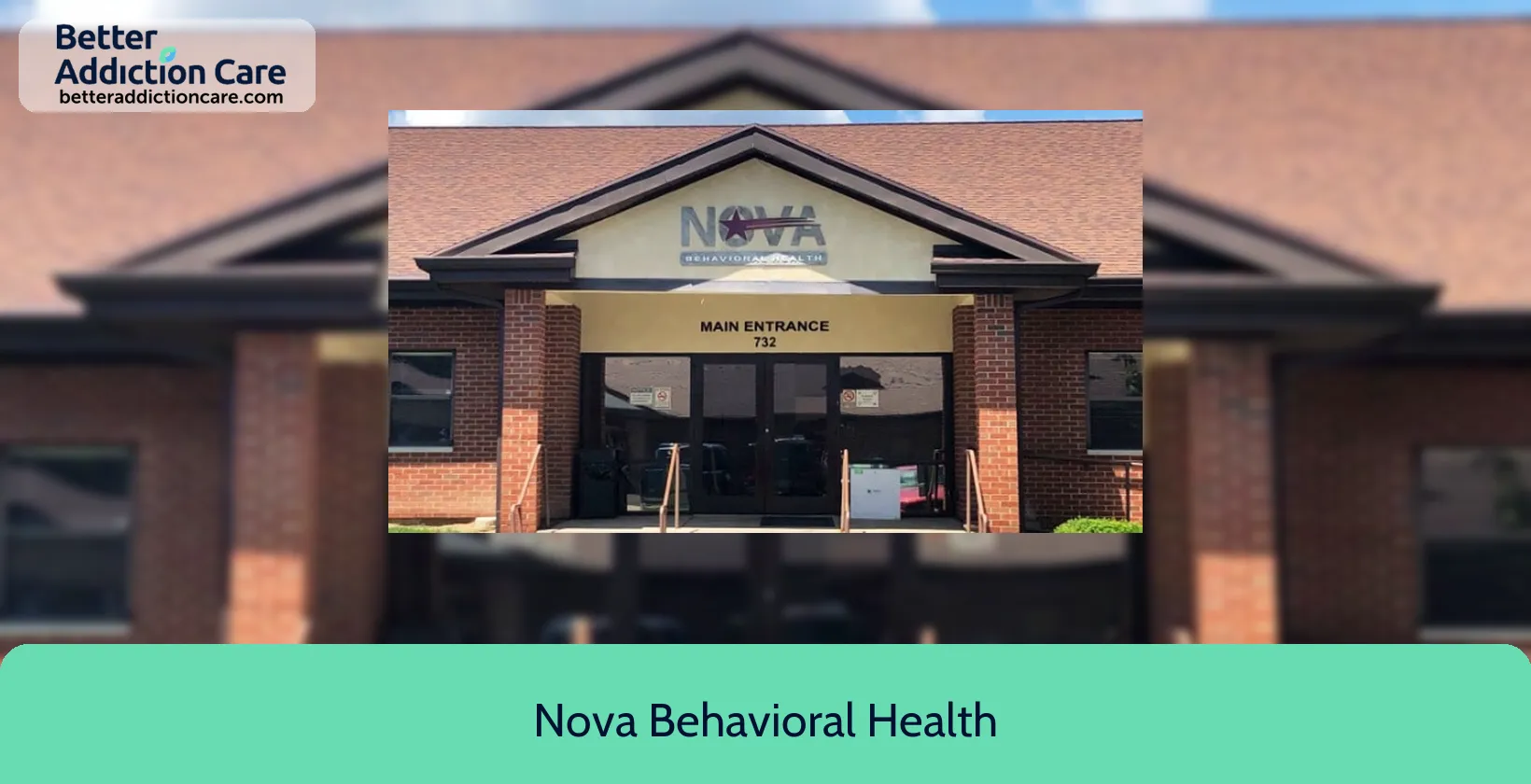
7.40
DISCLAIMER: The facility name, logo and brand are the property and registered trademarks of Nova Behavioral Health, and are being used for identification and informational purposes only. Use of these names, logos and brands shall not imply endorsement. BetterAddictionCare.com is not affiliated with or sponsored by Nova Behavioral Health.
